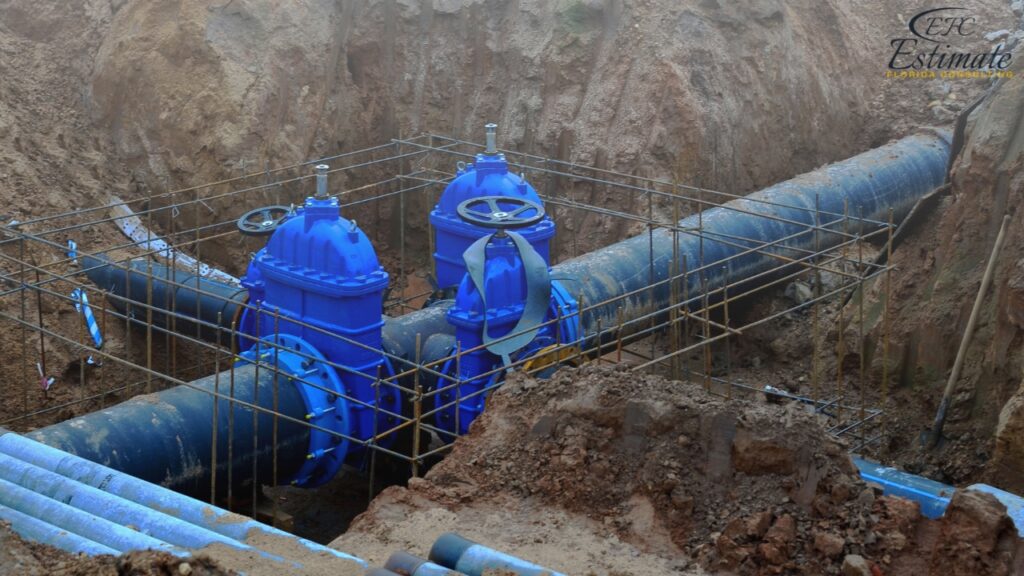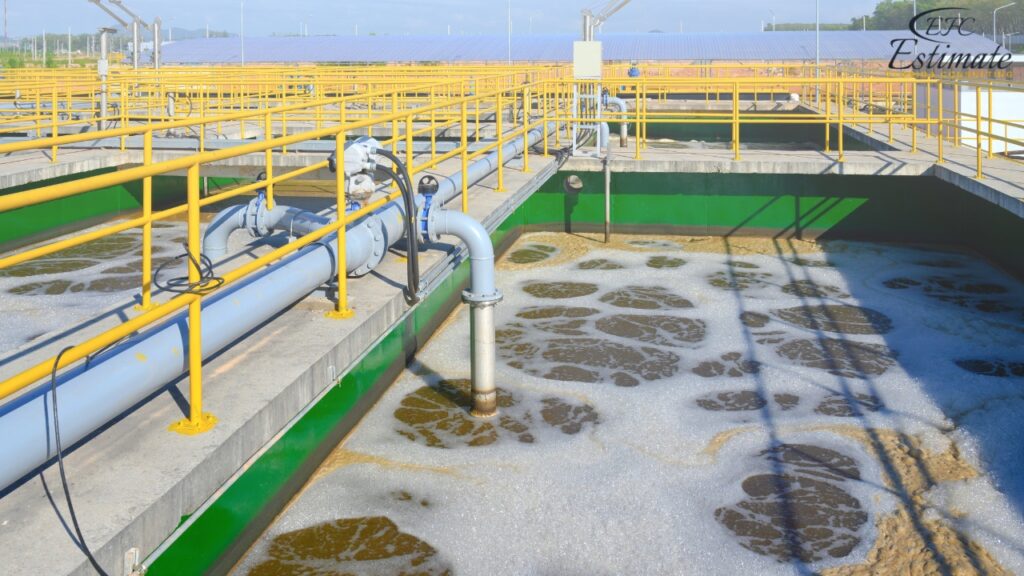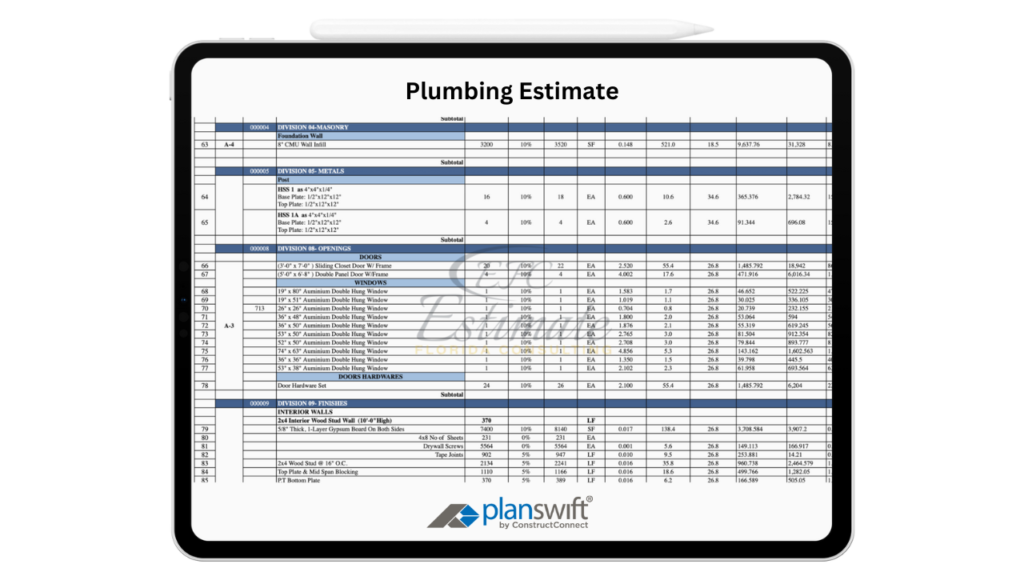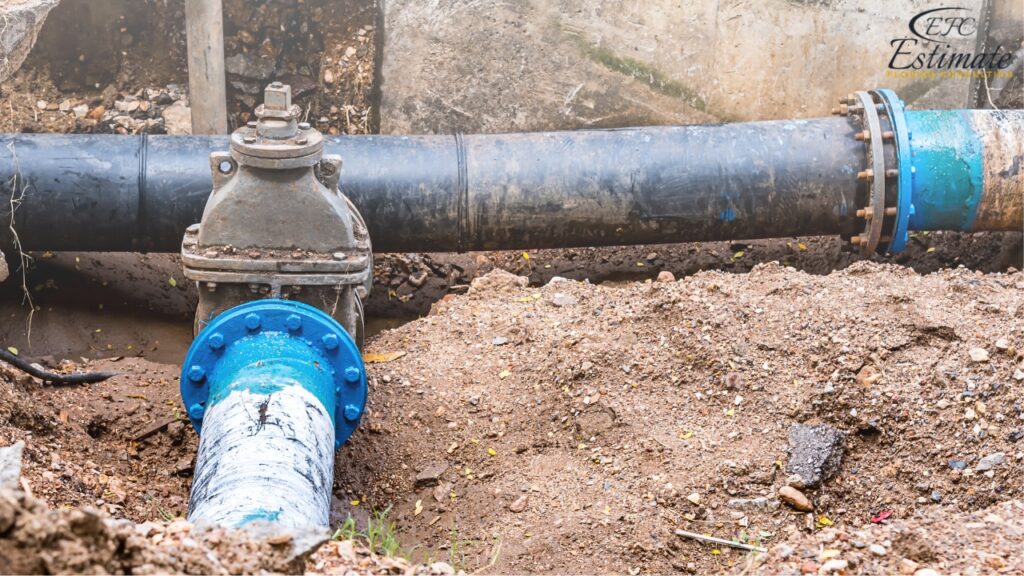How Much Does It Cost to Hook Up to City Water and Sewer?
Hooking up to city water and sewer can provide a more reliable and convenient solution compared to well water and septic systems. However, the process involves various costs that homeowners need to consider. In this blog, we will explore the factors that contribute to the cost of connecting to city water and sewer, providing detailed breakdowns and cost estimates to help you understand the financial commitment required for such a project. Making the switch can not only enhance the quality of life but also increase the value of your property by ensuring a consistent and safe water supply and effective waste management system.

Benefits of Connecting to City Water and Sewer
Connecting to city water and sewer offers several benefits:
- Reliability: City water systems provide a consistent and reliable supply of water, reducing the risk of water shortages or contamination. This reliability is particularly important during droughts or in areas with unpredictable water sources. Having a stable water source ensures that households do not face unexpected disruptions that can impact daily activities and overall comfort.
- Convenience: City sewer systems efficiently manage wastewater, eliminating the need for septic tank maintenance and potential issues. This convenience translates into less worry about routine maintenance, potential failures, or system backups. Homeowners can avoid the hassles of dealing with septic tank cleaning, inspections, and potential overflows, making daily life more convenient.
- Property Value: Homes connected to city water and sewer often have higher property values and appeal to potential buyers. Buyers are generally more interested in properties that do not require the added responsibility of managing private water and septic systems. The connection to city utilities is seen as a modern and reliable feature, which can make the property more attractive in the real estate market.
- Health and Safety: City water systems are regularly tested and treated to ensure safety, while city sewer systems reduce the risk of groundwater contamination. Access to clean water and reliable sewage disposal is critical for maintaining a healthy living environment, reducing the risk of waterborne diseases and environmental hazards. City water systems adhere to strict regulations and standards, providing peace of mind regarding the quality of water and waste management.
Average Cost Breakdown
The cost of hooking up to city water and sewer can vary widely based on several factors, including the distance from the main lines, local regulations, and the complexity of the project. On average, the cost to connect to city water and sewer can range from $6,500 to $39,000 or more. Here’s a general cost breakdown:
Component | Estimated Cost (in dollars) |
Permits and Inspections | $650 – $2,600 |
Water Connection Fee | $1,300 – $6,500 |
Sewer Connection Fee | $1,950 – $7,150 |
Trenching and Excavation | $1,950 – $13,000 |
Plumbing Costs | $650 – $6,500 |
Total Cost | $6,500 – $39,000 |
Factors Affecting the Cost of Connecting to City Water and Sewer
Several factors can influence the cost of connecting to city water and sewer, including:
Distance from Main Lines
The distance from your property to the nearest city water and sewer lines is a significant factor in determining the cost. Longer distances require more extensive trenching and piping, increasing the overall expense. For example, if the main lines are located 100 feet away, the cost will be lower than if they are 500 feet away. Trenching and piping costs can range from $13 to $39 per linear foot. The longer the distance, the more materials and labor are required, which significantly increases the project’s cost. Additionally, longer distances can increase the complexity of the project, potentially requiring more advanced planning and engineering solutions.

Local Regulations and Fees
Local regulations and fees can vary significantly depending on your municipality. Some cities charge higher connection fees and require more extensive permitting processes, adding to the overall cost. It is essential to check with your local city or county office to understand the specific requirements and fees in your area. Permit fees can range from $650 to $2,600, while connection fees can range from $1,300 to $7,150. These regulations ensure that all installations meet safety and quality standards but can add to the time and complexity of the project. Understanding these local requirements is crucial for accurately estimating costs and avoiding unexpected expenses.
Trenching and Excavation
Trenching and excavation are necessary to lay the pipes that connect your property to the main lines. The cost of trenching and excavation depends on the distance, soil conditions, and any obstacles that need to be removed. Rocky or difficult terrain can significantly increase the cost of trenching. Trenching and excavation costs can range from $1,950 to $13,000, depending on the complexity and length of the project. Proper excavation is crucial for the durability and safety of the water and sewer lines, ensuring they are laid correctly and efficiently. The type of soil, presence of underground utilities, and need for environmental protections can all impact the complexity and cost of excavation work.
Plumbing Costs
Plumbing costs include the installation of pipes, valves, and meters to connect your home’s plumbing system to the city water and sewer lines. These costs can vary based on the complexity of the installation and the condition of your existing plumbing system. If your home requires significant plumbing upgrades, the cost will be higher. Plumbing costs can range from $650 to $6,500. Upgrading or extending your home’s existing plumbing infrastructure to accommodate the new connection can be a significant portion of the total expense, particularly in older homes where additional work may be required to meet current codes and standards. Ensuring high-quality plumbing installations can prevent leaks and other issues that might arise from poor workmanship or substandard materials.
Cost Breakdown by Component
Permits and Inspections
Obtaining the necessary permits and inspections is a crucial step in connecting to city water and sewer. These fees vary depending on local regulations and the complexity of the project. Ensuring compliance with local building codes and regulations is essential for avoiding legal issues and ensuring the safety and integrity of the connections.
90% More Chances to Win Projects With Our Estimate!
- Multi-Family Building
- Hotel Building
- Hospital Building
- Warehouse Building
- School & University Building
- High-Rise Building
- Shopping Complex
- Data Center Building

Cost Breakdown for Permits and Inspections
Cost Component | Estimated Cost (in dollars) |
Permits | $390 – $1,950 |
Inspections | $260 – $650 |
Total Cost | $650 – $2,600 |
Permits and inspections are necessary to ensure that all work complies with local building codes and standards. They provide a legal framework to ensure safety and quality, preventing issues that could arise from improper installations. Inspections also verify that the connection to the city services is done correctly and safely. Additionally, these permits and inspections ensure that any modifications made to the property are properly documented, which can be important for future resale or legal purposes.
Water Connection Fee
The water connection fee is charged by the city to connect your property to the municipal water supply. This fee covers the cost of tapping into the main water line, installing a water meter, and ensuring the connection meets city standards.
Cost Breakdown for Water Connection
Cost Component | Estimated Cost (in dollars) |
Connection Fee | $1,300 – $3,900 |
Water Meter Installation | $650 – $2,600 |
Total Cost | $1,950 – $6,500 |
This fee varies by municipality and covers the city’s costs associated with providing water service to your property. It includes the physical connection to the water main, installation of a water meter, and ensuring all work meets municipal standards. The cost can be influenced by the size of the connection and any additional infrastructure required. It’s important to ensure that the water meter installation is done accurately to avoid issues with water usage tracking and billing.
Sewer Connection Fee
The sewer connection fee is charged by the city to connect your property to the municipal sewer system. This fee covers the cost of tapping into the main sewer line and ensuring the connection meets city standards.
Cost Breakdown for Sewer Connection
Cost Component | Estimated Cost (in dollars) |
Connection Fee | $1,950 – $5,200 |
Sewer Inspection and Testing | $650 – $1,950 |
Total Cost | $2,600 – $7,150 |
Sewer connection fees cover the city’s expenses for allowing your property to access the municipal sewer system. This includes the actual connection to the sewer main, necessary inspections, and any testing required to ensure the system is functioning correctly. These fees ensure that the city’s infrastructure can handle the additional load and that your connection is up to standard. Proper sewer connections are crucial to prevent leaks and environmental contamination, which can have serious health and legal implications.
Trenching and Excavation
Trenching and excavation are necessary to install the pipes that will connect your property to the main water and sewer lines. The cost can vary based on the distance, soil conditions, and any obstacles that need to be removed.
Cost Breakdown for Trenching and Excavation
Cost Component | Estimated Cost (in dollars) |
Trenching (per linear foot) | $13 – $39 |
Excavation and Backfill | $1,950 – $10,400 |
Total Cost | $1,950 – $13,000 |
The trenching and excavation costs are significant because they involve substantial labor and equipment usage. Proper trenching ensures that the pipes are laid at the correct depth and gradient to function correctly and avoid future issues. Excavation may also involve removing obstacles like rocks, roots, or old piping, adding to the complexity and cost. Ensuring that trenching and excavation are done correctly can prevent future problems such as pipe breaks or ground settling, which can be costly and disruptive to repair.
Plumbing Costs
Plumbing costs include the installation of pipes, valves, and meters to connect your home’s plumbing system to the city water and sewer lines. These costs can vary based on the complexity of the installation and the condition of your existing plumbing system.
Cost Breakdown for Plumbing
Cost Component | Estimated Cost (in dollars) |
Pipes and Fittings | $325 – $3,250 |
Valves and Meters | $455 – $2,535 |
Labor | $845 – $2,600 |
Total Cost | $1,625 – $6,500 |
Plumbing costs are essential for ensuring that your home’s water and sewer systems are properly connected and functioning efficiently. High-quality plumbing installations are necessary to prevent leaks, blockages, and other issues that can arise from substandard work. Using durable materials and skilled labor can significantly impact the longevity and reliability of your home’s plumbing system.
Additional Costs to Consider
In addition to the basic costs, several other expenses can influence the total cost of connecting to city water and sewer:
Soil Testing and Engineering
Soil testing and engineering may be required to ensure the ground can support the excavation and installation of water and sewer lines. This can add $650 to $2,600 to the overall cost. Soil testing ensures that the ground conditions are suitable for trenching and can help identify any potential issues that need to be addressed. Proper engineering can prevent future problems such as soil erosion, ground shifting, or inadequate support for the infrastructure.

Road Cutting and Restoration
If the main water and sewer lines are located under a road, additional costs may be incurred for cutting the road and restoring it after the installation. This can add $1,300 to $6,500 to the total cost. Road cutting and restoration ensure that the infrastructure is returned to its original condition after the connections are made. This process requires coordination with local authorities to minimize disruption to traffic and ensure safety during the construction period.
Landscaping and Restoration
After trenching and excavation, landscaping and restoration may be needed to return your property to its original condition. This can add $650 to $2,600 to the overall cost. Landscaping and restoration help to repair any damage caused by the excavation process and restore the aesthetic appeal of your property. Proper restoration ensures that the property looks well-maintained and attractive, which can enhance property value and curb appeal.
Example Cost Calculation
Let’s consider an example of connecting a property located 100 feet from the main water and sewer lines:
Component | Estimated Cost (in dollars) |
Permits and Inspections | $650 – $2,600 |
Water Connection Fee | $1,950 – $6,500 |
Sewer Connection Fee | $2,600 – $7,150 |
Trenching and Excavation | $1,950 – $13,000 |
Plumbing Costs | $1,625 – $6,500 |
Total Cost | $8,775 – $35,750 |
Download Template For Plumbing Project Breakdown
- Materials list updated to the zip code
- Fast delivery
- Data base of general contractors and sub-contractors
- Local estimators

Conclusion
Connecting to city water and sewer is a significant investment that requires careful planning and consideration of various factors. The cost can vary widely depending on the distance from the main lines, local regulations, and the complexity of the project. By understanding these factors and budgeting for additional expenses such as trenching, excavation, and plumbing, homeowners can make informed decisions and ensure the successful completion of their connection project. Investing in connecting to city water and sewer can provide long-term benefits, including increased property value, reliability, and peace of mind. Proper planning and execution of the project can prevent future issues and ensure that the system functions efficiently and effectively for years to come.
FAQs
The time required to connect to city water and sewer can vary depending on the complexity of the project, distance from the main lines, and local regulations. On average, it can take several weeks to a few months from planning to completion.
Yes, many financial institutions offer financing options for home improvement projects, including connecting to city water and sewer. It’s important to explore different financing options and choose one that fits your budget and financial situation.
Connecting to city water and sewer offers several advantages, including reliable and safe water supply, efficient wastewater management, increased property value, and reduced maintenance compared to private systems like wells and septic tanks.
Yes, connecting to city water and sewer typically requires specific permits and approvals from local authorities. These can include building permits, plumbing permits, and inspections to ensure compliance with local regulations.
To reduce the cost, consider obtaining multiple bids from contractors, planning the project during off-peak seasons, and exploring potential subsidies or grants from local government programs. Proper planning and project management can also help minimize delays and additional expenses.
Google Reviews



Process To Get The Cost to Hook Up to City Water and Sewer Estimate Report
Here I am going to share some steps to get the cost to hook up to city water and sewer estimate report.
-
You need to send your plan to us.
You can send us your plan on info@estimatorflorida.com
-
You receive a quote for your project.
Before starting your project, we send you a quote for your service. That quote will have detailed information about your project. Here you will get information about the size, difficulty, complexity and bid date when determining pricing.
-
Get Estimate Report
Our team will takeoff and estimate your project. When we deliver you’ll receive a PDF and an Excel file of your estimate. We can also offer construction lead generation services for the jobs you’d like to pursue further.

